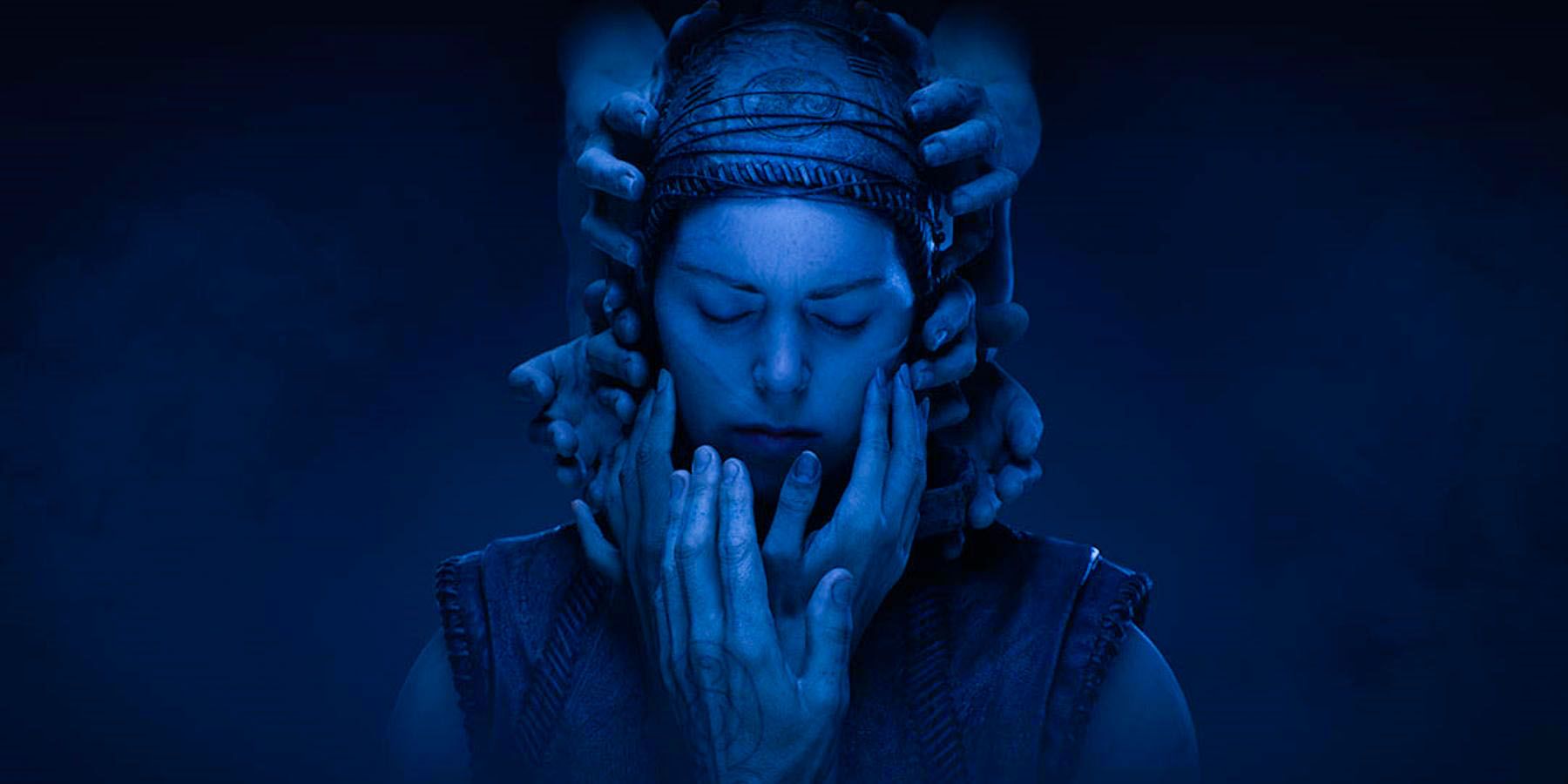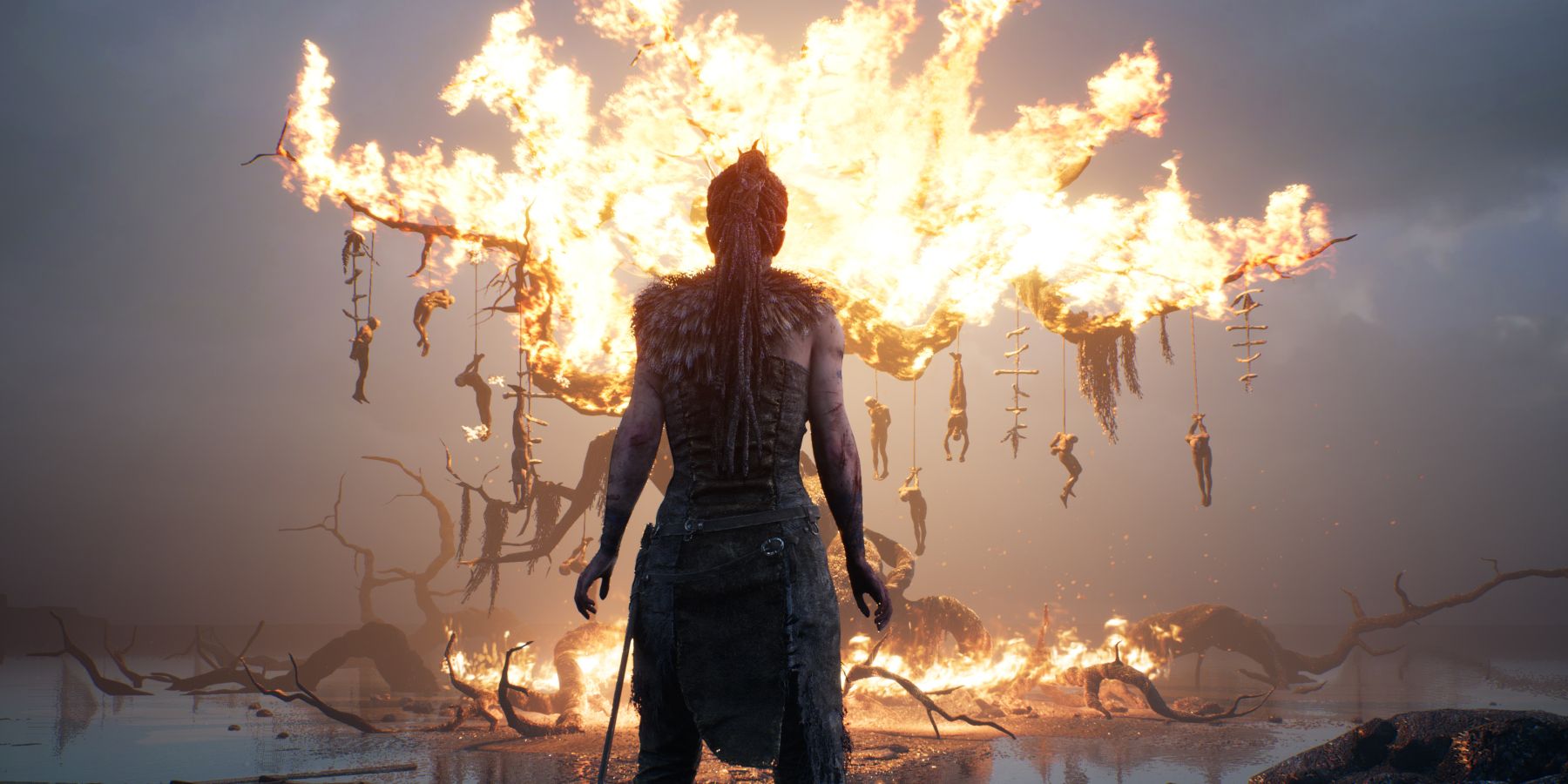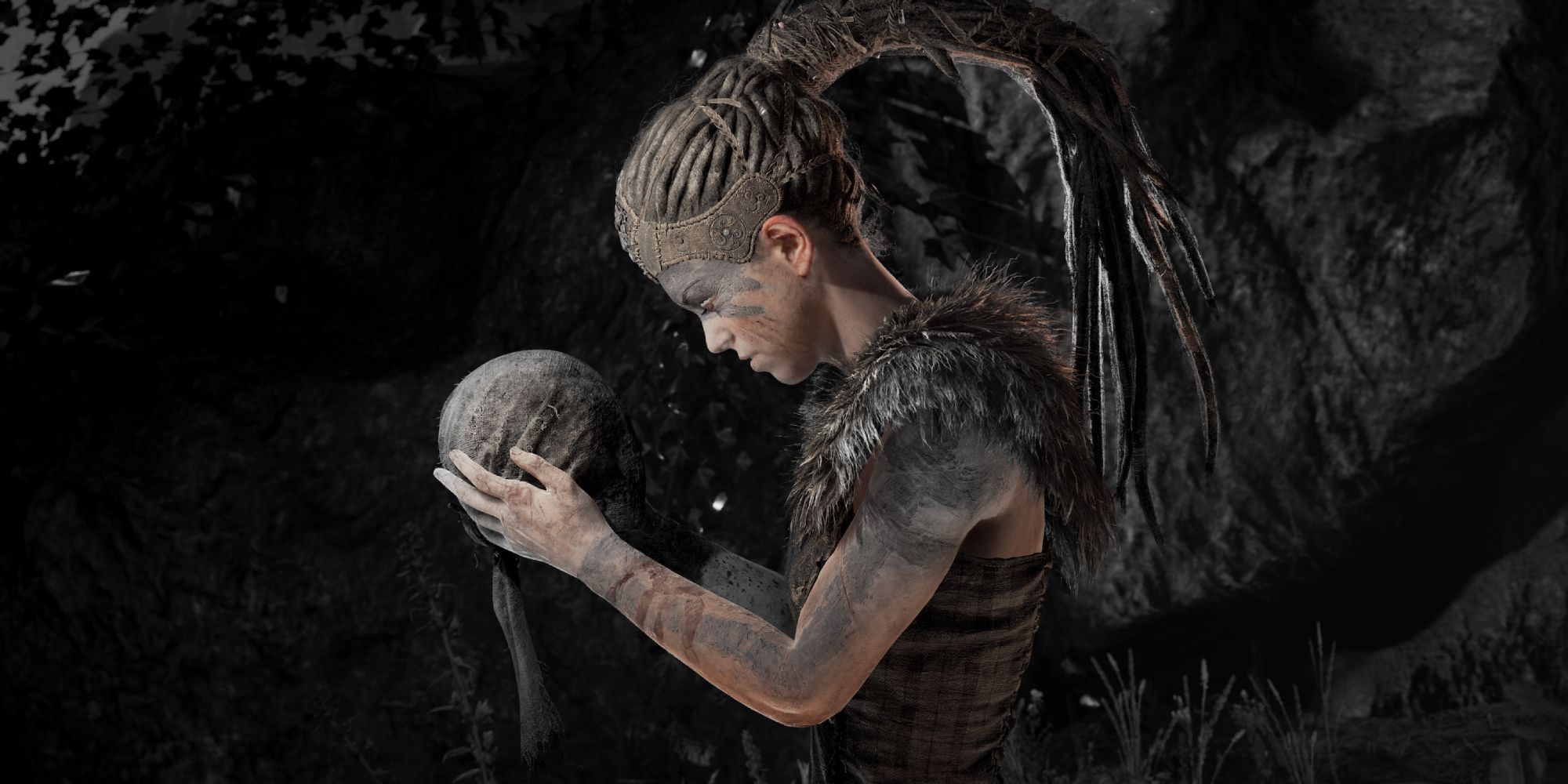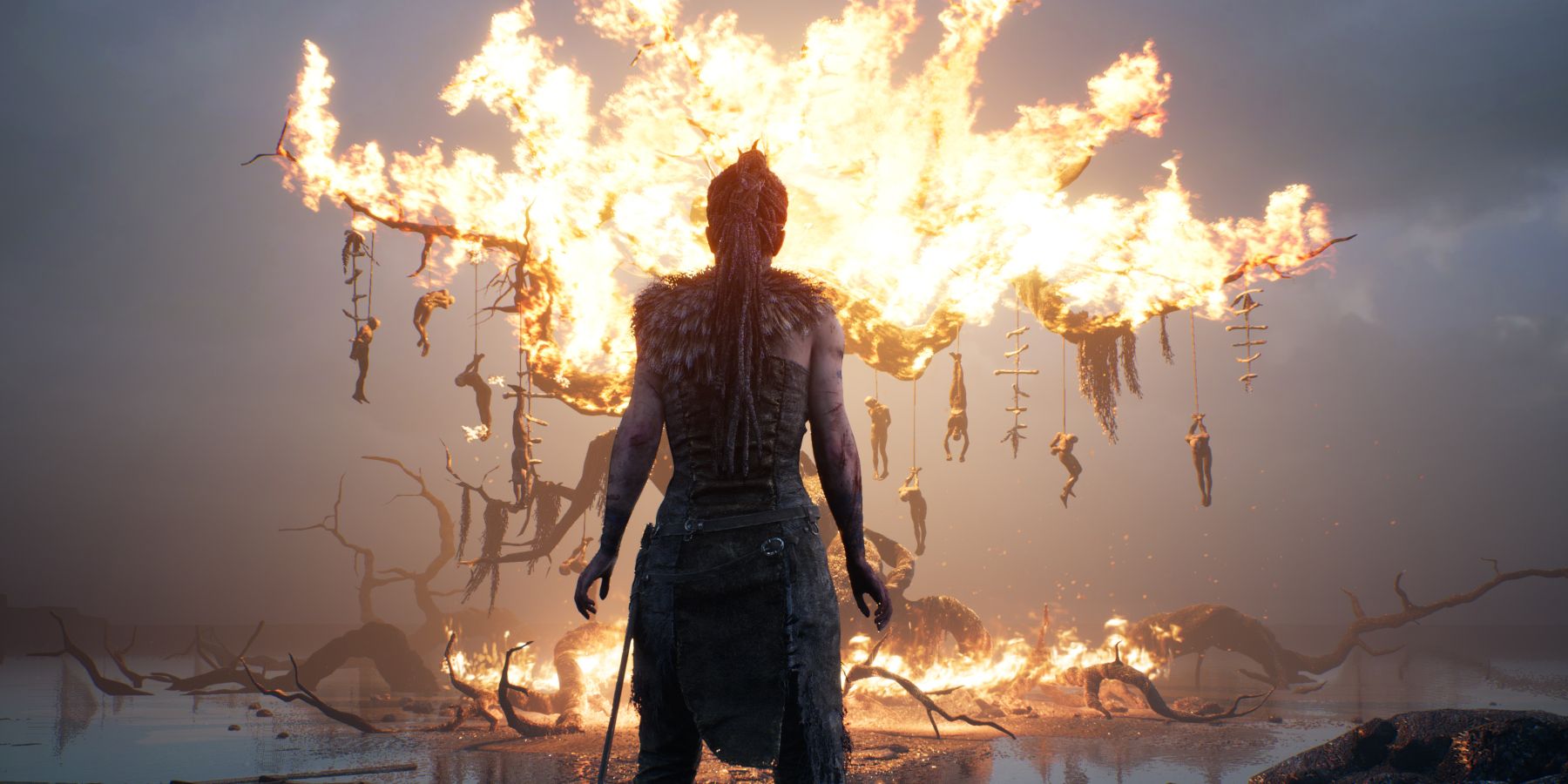
Unraveling the Enigma of Senua's Inner Voices in Hellblade 2

Experience the power of the human mind in Ninja Theory's Senua's Saga: Hellblade 2 The voices in Senua's head serve as a profound symbol of her inner strength and the game's sensitive portrayal of mental illness shines a light on an important topic
Hellblade: Senua’s Sacrifice is known for its unique gameplay feature where the protagonist has constant voices inside her head. This feature is prominently showcased in the latest trailer for Senua’s Saga: Hellblade 2. While the voices offered assistance and provided exposition in the first game, they serve a more significant purpose than just being a plot device. They represent the challenges faced by individuals living with mental health disorders, making it a bold attempt by developer Ninja Theory to portray the nuances of this issue.
The voices in Senua’s head are a manifestation of her psychosis, which is a collection of symptoms affecting the mind and perceptions of those diagnosed with it. People with the disorder may experience visual and auditory hallucinations that can make it difficult to distinguish between reality and imagination. Unlike other games, where psychosis is used to scare players or as a character quirk, Ninja Theory takes the time to show how Senua’s disorder doesn't define her and can even be a source of strength.
Senua’s Struggles Also Give Her Strength
The voices in Senua's head serve a dual purpose in Hellblade: Senua's Sacrifice. On one hand, they offer a poignant portrayal of the challenges faced by those living with psychosis. On the other hand, they also play a crucial role in the gameplay mechanics of the game, providing valuable assistance in solving puzzles and navigating Senua's journey. While they can be helpful at times, the voices can also be fiercely antagonistic, mirroring the critical and dismissive nature of real-world symptoms of psychosis. Despite the tumultuous relationship, Senua and her voices eventually find a sense of peaceful coexistence as she learns to effectively manage her condition through coming to terms with her grief and trauma. The voices are set to continue playing a pivotal role in the upcoming release of Senua's Saga: Hellblade 2.
Ninja Theory’s Thoughtful Approach to Depicting Mental Illness
In the development of Hellblade: Senua’s Sacrifice, Ninja Theory took great care to ensure that its portrayal of psychosis reflected the real struggles faced by individuals living with the disorder. The studio worked closely with mental health experts to ensure that Senua’s psychosis was presented respectfully and used as a core element of gameplay. With the upcoming Senua’s Saga: Hellblade 2, Ninja Theory is once again consulting professionals to ensure that the game’s depiction of mental health disorders is accurate and avoids reinforcing negative stereotypes.
While the Hellblade series is a prominent example of video games portraying mental health disorders in a positive light, it is not the only game to tackle the subject with sensitivity. Developers such as Psychonauts 2 and Genshin Impact have also made significant strides towards promoting positive representation of mental health in gaming in recent years, despite the persistence of outdated tropes that tie mental illness to villainy in some games.
With Senua's Saga: Hellblade 2, Ninja Theory is not only striving to deliver an enthralling gaming experience but is also committed to portraying psychosis in a positive and realistic light. By showcasing a protagonist who remains resilient and capable despite her mental health challenges, the game aims to shatter the stigmas surrounding mental illness and inspire players that anyone can be a hero. The much-anticipated title is slated to hit PC and Xbox Series X|S in 2024.















